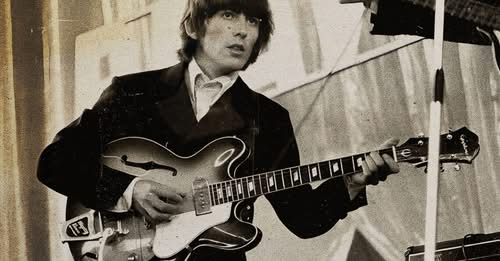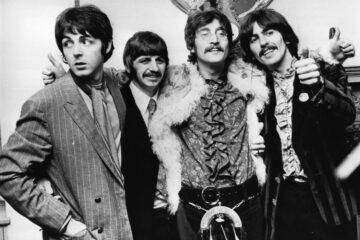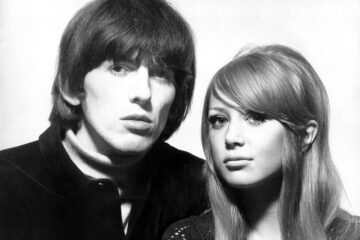Towards the later years of The Beatles, George Harrison often felt sidelined. During the creation of their back-to-basics album, originally titled Get Back, the spotlight primarily shone on John Lennon and Paul McCartney. Harrison’s contributions were frequently overshadowed, leaving him frustrated. Instead of demanding his rightful place, Harrison channeled his emotions into songwriting, crafting a piece born out of spite.
During this period, Harrison momentarily left The Beatles. The result of his frustration was ‘Wah-Wah,’ a song directed at Paul McCartney’s domineering approach. Harrison’s lyrics highlighted his discontent, with lines reflecting McCartney’s failure to notice his struggles and emotions.
After some persuasion from his bandmates, Harrison returned to the group. However, his most personal work, including masterpieces like ‘Here Comes the Sun’ and ‘Something,’ would eventually find a home in his solo career. Much of his overlooked creativity culminated in his debut solo album, All Things Must Pass.
A triple album filled with his finest compositions, All Things Must Pass showcased Harrison’s spiritual depth through songs like ‘My Sweet Lord’ and his reflections on The Beatles’ dissolution with the title track. Among these, ‘Wah-Wah’ secured a prominent place on the record, though it wasn’t without its challenges.
Harrison partnered with legendary producer Phil Spector to bring his vision to life. Spector, renowned for his “Wall of Sound” technique, marveled at Harrison’s vast collection of songs, remarking, “He had literally hundreds of songs, and each one was better than the last.”
Despite Spector’s enthusiasm, Harrison struggled with the final mix of ‘Wah-Wah.’ The heavy reverb and echo characteristic of Spector’s style left Harrison disheartened. In a reflective interview, he admitted, “It sounded nice in the studio without any echo, but when we played it back, I thought, ‘I hate it. It’s so horrible.’” Eric Clapton, however, loved the track, prompting Harrison to joke, “You can have it on your album then.” Over time, Harrison grew to appreciate the song, but his initial disappointment lingered.
Spector’s production became a defining feature of the album, giving it a grand, atmospheric sound. However, Harrison later sought a more natural feel for his subsequent album, Living in the Material World. This second effort offered a stripped-down, intimate production, allowing listeners to experience the raw musicianship.
Although ‘Wah-Wah’ remains a polarizing track for Harrison fans, it stands as a testament to his creative struggles and triumphs, symbolizing the tension and brilliance of his artistry during and after The Beatles.



